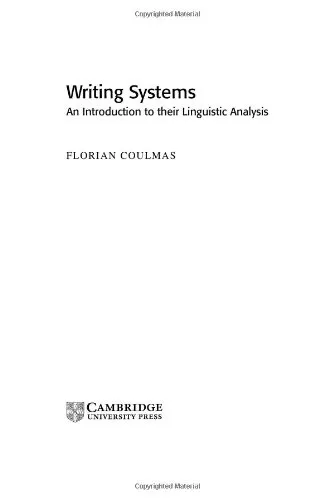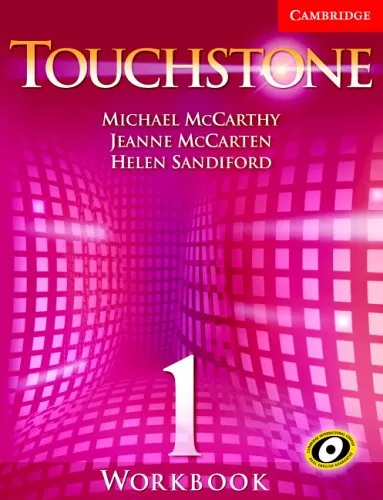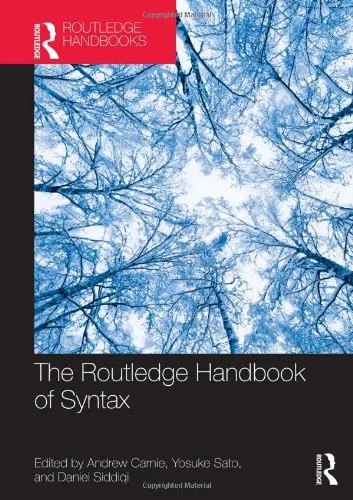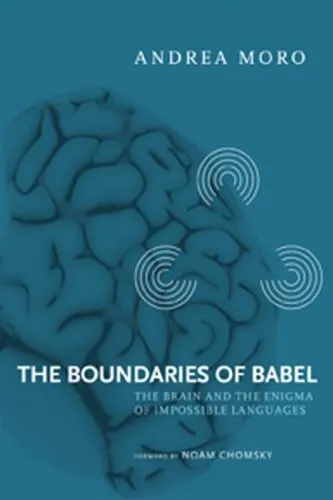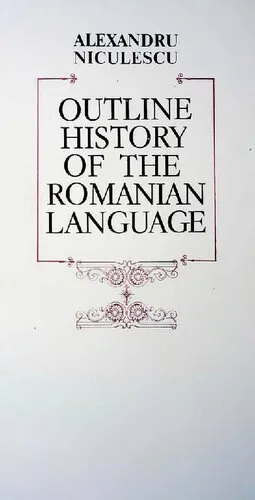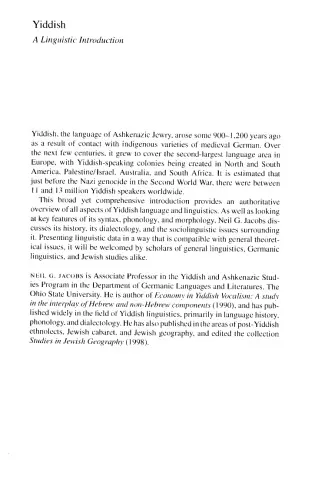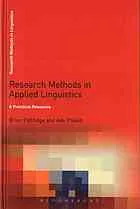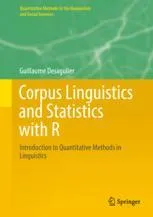Writing Systems: An Introduction to Their Linguistic Analysis (Cambridge Textbooks in Linguistics)
4.5
Reviews from our users

You Can Ask your questions from this book's AI after Login
Each download or ask from book AI costs 2 points. To earn more free points, please visit the Points Guide Page and complete some valuable actions.Related Refrences:
Introduction to "Writing Systems: An Introduction to Their Linguistic Analysis"
Welcome to "Writing Systems: An Introduction to Their Linguistic Analysis," a comprehensive and essential guide to understanding the variety and complexity of writing systems across the globe. Authored by Florian Coulmas, this book provides an in-depth exploration of the ways in which humans have encoded language through written symbols, offering insights into both historical evolution and modern linguistic patterns.
Writing plays a fundamental role in human civilization, serving as a medium for communication, culture, and history. This textbook, published as part of the esteemed Cambridge Textbooks in Linguistics series, is designed to unravel the intricate relationships between spoken language, written expression, and the cognitive processes that connect the two. Whether you are a student of linguistics, an educator, or simply curious about humanity’s most profound invention, this book is your gateway to the scientific study of writing systems.
Detailed Summary of the Book
The book begins by laying the groundwork for linguistic analysis of writing systems, providing definitions and systematic frameworks for understanding their elements. Coulmas introduces readers to the basic components of writing systems, including graphemes, symbols, and scripts, and walks them through the intersection of writing with spoken language.
Moving forward, the book delves into the classification of writing systems, such as logographic (e.g., Chinese), syllabic (e.g., Japanese Kana), alphabetic (e.g., Latin script), and more. Coulmas examines their historical origins, cultural contexts, and functional purposes. The text elaborates on the cognitive processes involved in learning to read and write, while also addressing cross-linguistic differences and their implications for human perception and memory.
A significant portion of the book highlights the sociolinguistic and technological aspects of writing. Coulmas discusses the evolution of scripts in response to changing social needs, the role of writing in identity formation, and the impact of new technologies such as printing and digital communication. Throughout the book, readers encounter real-world examples illustrating how writing systems adapt to changing linguistic environments.
Error patterns, literacy challenges, and the relationship between language policy and writing are also explored, offering a well-rounded examination of the subject. With its theoretical rigor and practical applications, the book is both intellectually stimulating and accessible to a broad audience.
Key Takeaways
- Writing systems are more than tools for communication; they are cultural artifacts that reflect the societies in which they develop.
- The relationship between spoken and written language is complex and influenced by historical, social, and linguistic factors.
- Different types of writing systems, from alphabetic to logographic, reveal the diversity of human cognitive processing.
- Technological advancements, such as printing and digital media, have significantly shaped the evolution and dissemination of writing.
- Linguistic analysis of writing systems provides insights not only into language but also into cultural identity, history, and human communication.
Famous Quotes from the Book
- "Writing is not merely a tool for communication; it is a mirror reflecting the intellectual and cultural achievements of humankind."
- "The history of writing is the history of civilization. Without writing, knowledge would be limited to the transient memory of individuals."
- "The choice of a writing system is never neutral; it carries implications for education, identity, and power."
- "To understand a writing system, one must understand language. But to fully understand language, one must also appreciate its written form."
Why This Book Matters
This book matters for anyone curious about the intersection of language, culture, and technology. By providing a structured approach to the study of writing systems, it empowers readers to analyze scripts scientifically, appreciate their diversity, and understand their development over time. Whether you’re examining ancient inscriptions, solving modern literacy challenges, or exploring the influence of digital communication on writing, this book acts as a foundational guide.
Furthermore, Coulmas contextualizes writing systems within broader societal frameworks, highlighting their role in education, governance, and technology. The book’s interdisciplinary approach makes it a valuable resource not only for students of linguistics but also for historians, anthropologists, computer scientists, and educators.
By shedding light on the intricate interplay between writing and speech, "Writing Systems: An Introduction to Their Linguistic Analysis" deepens our understanding of how humans communicate and preserve knowledge, emphasizing the enduring relevance of this universal human endeavor.
Free Direct Download
You Can Download this book after Login
Accessing books through legal platforms and public libraries not only supports the rights of authors and publishers but also contributes to the sustainability of reading culture. Before downloading, please take a moment to consider these options.
Find this book on other platforms:
WorldCat helps you find books in libraries worldwide.
See ratings, reviews, and discussions on Goodreads.
Find and buy rare or used books on AbeBooks.
1446
بازدید4.5
امتیاز0
نظر98%
رضایتReviews:
4.5
Based on 0 users review
Questions & Answers
Ask questions about this book or help others by answering
No questions yet. Be the first to ask!
